Published 2024-09-24
In recent years, blockchain technology has paved the way for innovative decentralized projects where individuals can set up specialized hardware to provide services or collect data, earning cryptocurrency or tokens as a reward. These projects typically use low-power devices, with potential earnings closely tied to the strategic placement of hardware. The better the location, the higher the reward. Below, we explore some of the most prominent projects that have adopted this model, including Helium, GEODNET, and Wingbits.
In recent years, several projects have emerged where you set up hardware locally to either provide a service or collect data, in exchange for rewards in the form of cryptocurrency or tokens from the project. This is often specialized hardware with low power consumption, and typically, the better the location, the higher the earnings you can expect.
Helium
Helium was one of the first, if not the very first, project to use this innovative mining method. Mining Helium tokens (IOT and MOBILE) is as straightforward as installing a small device, known as a Hotspot, on the window of your home or office. These Hotspots provide miles of wireless network coverage for millions of devices using two major wireless standards—LoRaWAN and cellular. In exchange for supporting this decentralized network, users are rewarded with Helium tokens.
Each Hotspot consumes around 5 watts of power, making them extremely energy-efficient. The amount of tokens you can earn depends on several factors: your location, the number of other Helium Hotspots it can communicate with, and whether users are actively using your Hotspot's LoRaWAN coverage.
Helium website
Geodnet
GEODNET is a cutting-edge, web3.0 blockchain-based RTK (Real-Time Kinematics) network that utilizes #DePIN principles to deliver high-precision location services. With RTK technology, GEODNET achieves a 100x improvement in positioning accuracy compared to standalone GPS, making it an ideal solution for powering AI-based autonomous systems that rely on sensors like Cameras, LiDAR, and IMUs.
GEODNET’s global network is made possible by Satellite Miners, which are roof-mounted RTK reference stations. These stations contribute to the network’s precision and reliability while earning GEOD tokens as rewards. Data users on the network receive validated RTK corrections from this decentralized network of Satellite Miners, ensuring accurate, real-time positioning data. The GEODNET devices uses only around 2 watt of power, and is simply powered by USB.
Hexes
GEODNET has divided the world into hexes, with each hex representing a specific geographical area. Miners installed in hexes without competing miners are eligible for full rewards, maximizing their earning potential. By occupying an empty hex, a miner can ensure they receive the maximum possible token rewards for contributing to the network's RTK services.
Location NFT
The first miner in a location that maintains a 98% operational score for 30 consecutive days is rewarded with a Location NFT. This NFT ensures the miner avoids reward splitting with others in the same area.
You can visit the official
GEODNET Website for more information. Additionally, we recommend exploring the
GEODNET map to view up-to-date information on all the GEODNET miners deployed around the world. This interactive map provides a comprehensive look at the network's global coverage and the status of individual miners.
Wingbits
One of the youngest projects, Wingbits, aims to establish the world’s most advanced and secure terrestrial ADS-B network, ensuring that community members are rewarded fairly for their contributions. Dedicated hardware is being developed that will support both mining on the Wingbits system and the Geodnet network. As of this writing, Wingbits tokens are still only available on the devnet, but they plan to transition to the mainnet by Q4 2024.
Wingbits websiteConclusion
As these decentralized projects evolve, they are reshaping how we think about data collection, location services, and network infrastructure. From Helium's decentralized wireless network to GEODNET's precision positioning services and Wingbits' upcoming ADS-B network, these platforms are empowering individuals to contribute directly to global networks and be fairly compensated for their participation. By providing a practical way to earn rewards through low-power, location-sensitive hardware, these projects offer a glimpse into the future of decentralized infrastructure and its potential to transform industries across the globe.
The creator/owner of Hashrate.no goes by the alias r0ver2. Has a long experience with GPU mining and mining in general. After starting with home mining in 2017, slowly building up the mining operation while gaining experience and knowledge - he joined SimpleMining's support team in 2020. Also been an active supporter of mmpOS since 2021 - and part of the testing team for lolMiner since mid-2021.

